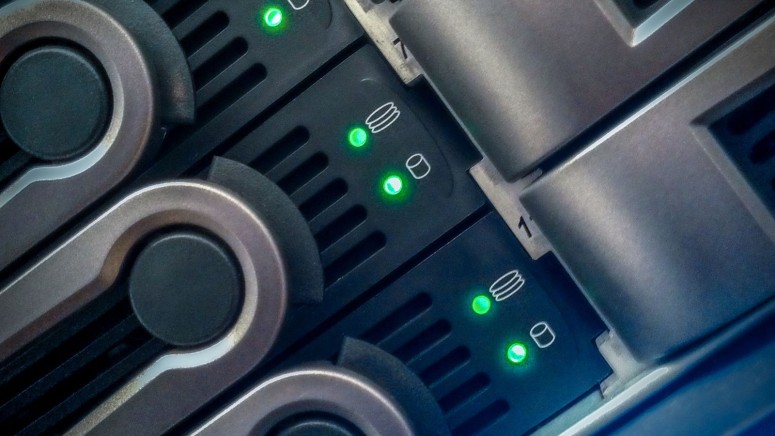
Western Digital Reaches $2.7 Million Settlement Agreement to End NAS Drive Lawsuit
- Western Digital settles the lawsuit for how it marketed its ‘Red NAS’ drives as suitable for RAID and network storage.
- The drives were using an inferior technology that made them severely unfitting for the role they were supposed to fulfill.
- Owners of the devices will receive between $4 and $150 for each drive, depending on whether they hold proof of purchase.
Western Digital has agreed to pay $2.7 million as a settlement to end the class-action lawsuit over the false advertising of the WD Red NAS hard drives. As such, each member of the lawsuit will receive a reimbursement between $4 and $7 for each product they hold but without having the receipt, and up to $150 for each drive for those who hold proof of purchase. This is a very important development in the case and one that will certainly push drive makers to be more careful with how they are advertising their products and their specifications.
The class-action lawsuit was submitted last year by Nicholas Malone, representing all those similarly situated, after he noticed an inexplicable performance degradation of the particular NAS drives after a couple of hours of continuous operation. In addition to that, the products had a RAID failure rate that wasn’t matching its market promise, so the plaintiff figured that something was off. Soon, it was revealed that the drives were using the inferior SMR (Shingled Magnetic Recording) technology instead of PMR (Perpendicular Magnetic Recording), which is the industry standard for NAS drives.
Western Digital never claimed that it used PMR. Still, it hid this technical detail from all product sheets and technical specs, leaving the buyers to deduce it from how the WD Red NAS hard drives were promoted as the “ideal and reliable solution for network-attached storage needs.” SMR and reliability in this field don’t go together, so this was seen as a case of market deception. The company even denied using SMR initially but eventually had to admit it as the proof was piling up against them.
If you own a WD Red NAS hard drive and you would like to take part in the class action damage compensation, check out this page which has been set up for this purpose. There’s also one for Canadian consumers.
Shortly after that story blew up, it was discovered the Western Digital was also misreporting the RPM of several other high-capacity HDD models they market, like Elements, Red Plus, and MyBook. These products were found to be spinning at higher RPMs than what was mentioned in their marketing sheets, causing increased noise, more heat, and higher failure rates than expected. This didn’t result in a class-action lawsuit yet, but the WD’s approach to propose a settlement could make that case more inviting to legal firms now.





